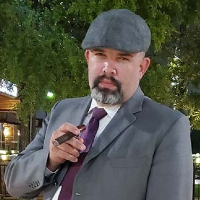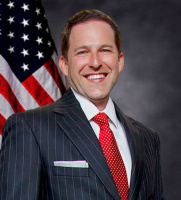Pilot Point RICO Act Lawyer, Texas
Sponsored Law Firm
-
 x
x

Click For More Info:
-
Law Office of Robert R. Jones III
2411 Emancipation Ave, Suite 202, Houston, TX 77004» view mapCriminal Defense Expert Representation for Reasonable Rates
If you need representation, call me 24/7.
800-883-8760
Not enough matches for Pilot Point RICO Act lawyer.
Below are all Pilot Point Criminal lawyers.
Andrew M. Lloyd
✓ VERIFIEDBorn just south of Dallas, and true to his Texas roots, Andrew M. Lloyd fights proudly for families and justice. He exemplifies the attitude contained... (more)
Jason Van Dyke
Throughout a tenure exceeding sixteen years, Mr. Van Dyke has dedicated his legal prowess as the general counsel for factoring companies, commercial d... (more)
Anthony Wayne Reed
✓ VERIFIEDOur firm is lead by Anthony W. Reed, Esq. who is the Principal of The Reed Law Group, PLLC. Anthony is fluent in legalese, and a proficient negotiator... (more)
Hunter A. Biederman
Hunter Biederman, often referred to as the “Go to Guy for DWIs” is a founding partner of the Law Offices of Biederman & Burleson P.L.L.C., located... (more)
FREE CONSULTATION
CONTACTFREE CONSULTATION
CONTACT Robert Jones San Antonio, TX
Robert Jones San Antonio, TX AboutLaw Office of Robert R. Jones III
AboutLaw Office of Robert R. Jones III Practice AreasSpecializations
Practice AreasSpecializations




